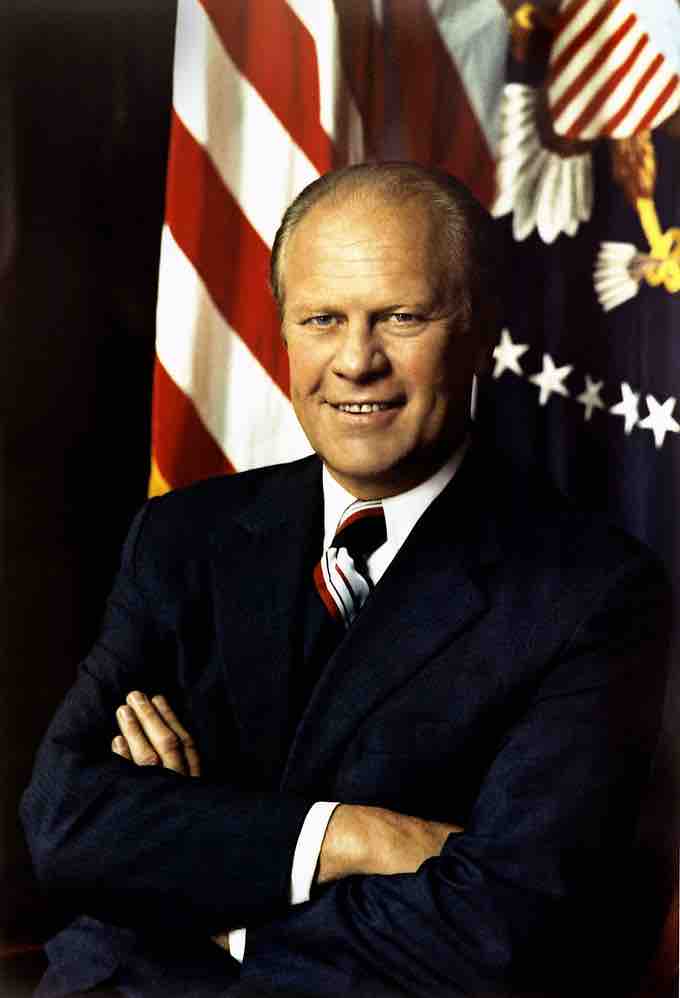An agenda is a list of meeting activities in the order in which they are to be taken up, by beginning with the call to order and ending with adjournment. It usually includes one or more specific items of business to be discussed. It may, but is not required to, include specific times for one or more activities. An agenda may also be called a "docket. "
A political agenda is a set of issues and policies laid out by an executive or cabinet in government that tries to influence current and near-future political news and debate. In parliamentary procedure, an agenda is not binding upon an assembly unless its own rules make it so or unless it has been adopted as the agenda for the meeting by majority vote at the start of the meeting. Otherwise, it is merely for the guidance of the chair.
If an agenda is binding upon an assembly, and a specific time is listed for an item. That item cannot be taken up before that time and must be taken up when that time arrives even if other business is pending. If it is desired to do otherwise, the rules can be suspended for that purpose.

Gerald Ford Papers
Gerald Ford set the Republican legislative agenda.
The political agenda while shaped by government can be influenced by grassroots support from party activists at events, such as a party conference, and can even be shaped by non-governmental activist groups which have a political aim. Increasingly, the mass media can have an effect in shaping the political agenda through its news coverage of news stories. A political party can be described as shaping the political agenda or setting the political agenda if its promotion of certain issues gains prominent news coverage. For example, at election time, if a political party wants to promote its polices and gain prominent news coverage in order to increase its support.